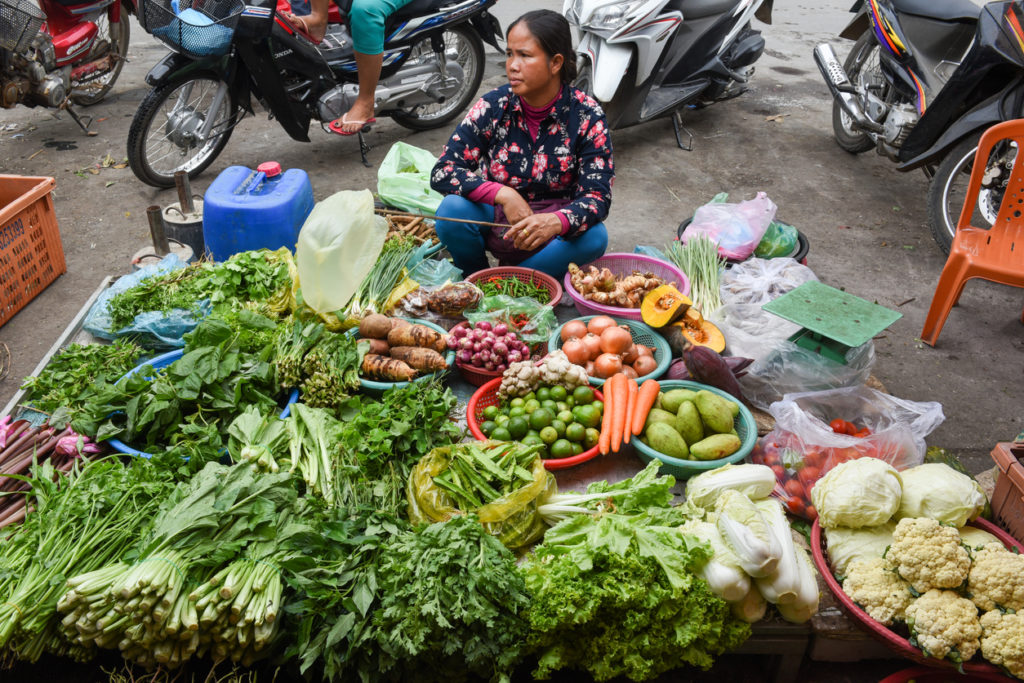How the Urban Poor Define and Measure Food Insecurity and Nutrition

While urbanisation presents significant opportunities for low-income communities, increasing pressure on housing, infrastructure and local environments also pose a major risk for the most marginal city residents in particular. This in turn affects their ability to access food and adequate nutrition – yet relatively little is known about how these barriers can be alleviated.
Through community-led field research led by female residents of cities in Cambodia and Nepal, How the Urban Poor Define and Measure Food Insecurity and Nutrition aims to place the voices of community members themselves at the centre of this discussion. While typically overlooked in decision making, poor residents have a wealth of knowledge on these issues that under-resourced local authorities themselves often lack.
By bringing these groups together in dialogue, the project will enable grassroots organisations to share their perspectives on food security and potential solutions to the challenges they face. The findings, generated through co-production and extensive consultation, will support the design of more informed and community-led urban food policies.
Cecilia Tacoli (Principal Investigator, Principal Researcher)
Somsook Boonyabancha (Secretary-General)
Anna Walnycki (Senior Researcher)
Alice Sverdlik (Researcher)
David Satterthwaite (Senior Fellow)
• Participatory field research on food security in cities in Cambodia and Nepal, led by female stakeholders.
• Capacity building of grassroots organisations in collection and analysis of data.
• Knowledge exchange and dissemination of findings through city and national level discussions, social media and publications.
Tackling widespread hunger in cities means listening to the urban poor
22 August 2019
How the urban poor define and measure food security in Cambodia and Nepal
July 2019